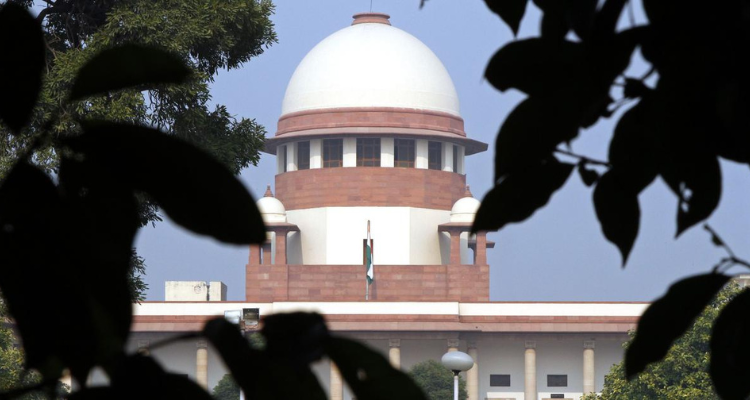
Background
In the case of Sanuj Bansal v. State of Uttar Pradesh and Another, the Supreme Court recently addressed concerns regarding the inclusion of accused statements from police interrogations in chargesheets.
Court’s Observation
Justices Abhay S Oka and Ujjal Bhuyan expressed dismay at the inclusion of alleged confessional statements of accused in the chargesheet. They highlighted the potential illegality of incorporating such statements, emphasizing that they were obtained during police interrogation.
Legal Position
Sections 25 and 26 of the Evidence Act, 1872, were cited, which specify that confessions made by the accused while in police custody are inadmissible as evidence in court.
Court’s Directive
The Supreme Court instructed the Director General of Police (DGP) of Uttar Pradesh to conduct an investigation into this practice. The DGP is required to submit a personal affidavit regarding the inclusion of such statements in chargesheets.
Future Proceedings
The case is scheduled for further consideration on July 12, 2024, indicating ongoing scrutiny of this issue.
Read More: Supreme Court, Delhi High Court, States High Court, Other Courts, International




